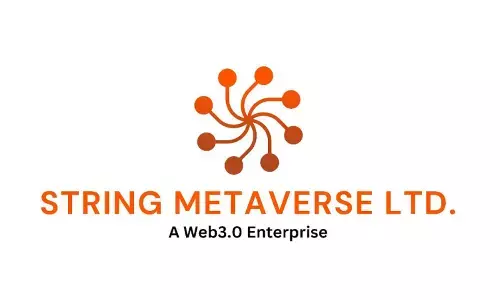The importance of teaching automated financial statements

Teaching students the importance of automated financial statements is a crucial component of modern education in finance and accounting. In today’s fast-paced business environment, the ability to quickly and accurately generate financial statements can significantly enhance an organization’s efficiency and decision-making processes. Automated financial statements utilize software to streamline the creation of key financial documents, such as balance sheets, income statements, and cash flow statements. This automation not only reduces the time required to produce these documents but also minimizes the risk of human error, ensuring greater accuracy and reliability.
One of the primary benefits of automated financial statements is the increased efficiency they offer.
Traditional methods of preparing financial statements often involve manual data entry, which can be time-consuming and prone to mistakes. Automated systems, on the other hand, can pull data directly from various financial databases and integrate it seamlessly into the required reports. This allows for real-time financial reporting, enabling businesses to make timely and informed decisions based on the most current data available. Teaching students how to use these automated systems equips them with a valuable skill set that is highly sought after in the job market.
Another significant advantage of automated financial statements is their ability to improve accuracy. Human error is an inherent risk in any manual process, and financial statement preparation is no exception. Mistakes in financial reports can lead to incorrect business decisions, regulatory non-compliance, and even legal consequences. Automated systems reduce the likelihood of such errors by ensuring that data is consistently and accurately processed. By learning to utilize these systems, students can help organizations maintain the integrity of their financial reporting and avoid costly mistakes.
Moreover, automated financial statements enhance data security and compliance. Financial data is often sensitive and subject to strict regulatory requirements. Automated systems can incorporate advanced security measures to protect this data from unauthorized access and breaches. Additionally, these systems can be programmed to comply with the latest regulatory standards, ensuring that financial statements are always in line with current laws and guidelines. Teaching students about the importance of data security and compliance in financial reporting is essential in preparing them to handle the complexities of modern financial management. Furthermore, the use of automated financial statements promotes better financial analysis and strategic planning. Automated systems can generate detailed and comprehensive financial reports that provide deeper insights into an organization’s financial health.
These reports can highlight trends, identify potential issues, and suggest areas for improvement. By understanding how to interpret and analyze these reports, students can develop critical thinking skills and strategic planning abilities that are crucial for effective financial management.In conclusion, teaching students the importance of automated financial statements is vital for preparing them to succeed in the modern financial landscape. The efficiency, accuracy, security, and analytical benefits offered by automated systems make them indispensable tools for any organization. By equipping students with the knowledge and skills to utilize these systems, educators can ensure that the next generation of financial professionals is well-prepared to meet the challenges and opportunities of
the future.










